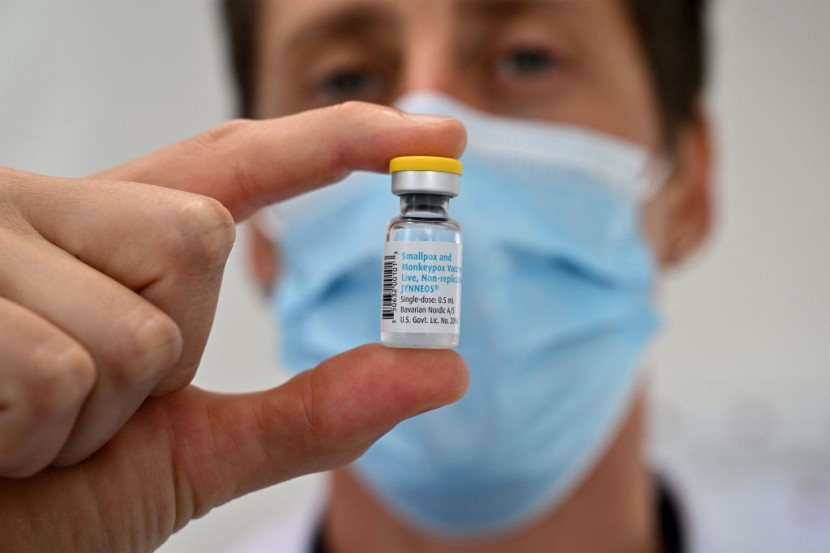
The United States Centers for Disease Control and Prevention (CDC) released new data on Wednesday that showed people who were unvaccinated against monkeypox are 14 times more likely to get infected than vaccinated individuals.
Despite being limited, the figures provide an initial observation of the effectiveness of the Jynneos monkeypox vaccine in a real-world scenario. CDC Director Rochelle Walensky said that the new data provides them with a level of cautious optimism that the vaccine is working as it was designed.
Unvaccinated Against Monkeypox
However, the data are based on information collected from only 32 states and there is no way to distinguish how much of a reduction in cases is due to the vaccine alone and how much is due to behavioral changes among the most at-risk populations.
Furthermore, the data is based on people who received only a single dose of the Jynneos vaccine. The CDC said that relatively few individuals in the current outbreak have completed the recommended two-dose vaccine series, as per The Hill.
Official data showed that infections continue to decline week over week, but there are now more than 25,000 monkeypox cases identified across all 50 states within the country. Health officials said they have observed protection against the infection for those who got the Jynneos vaccine as early as two weeks after the first dose.
Walensky said that despite this data, laboratory studies show that immune protection is highest two weeks after the second dose of the vaccine. This prompted officials to continue to strongly recommend that people get two doses of the Jynneos vaccine spaced 28 days apart.
According to CNN, there are some questions about the durability of the vaccine and how long the protection it provides would last. The White House monkeypox response coordinator, Bob Fenton, said that so far, 800,000 doses of monkeypox vaccines have been administered.
Effectiveness of the Vaccine
The CDC said there are an estimated 1.7 million gay and bisexual men in the United States who are at the highest risk of catching the infection. Furthermore, recent case trends suggest that the monkeypox outbreak is slowing down in the country.
Data showed that average daily new monkeypox cases have been coming down in the United States since mid-August, a sign that the vaccination campaign is working properly. The CDC also announced that it is expanding eligibility for the Jynneos monkeypox vaccine to include pre-exposure prophylaxis (PrEP).
Walensky noted that the decision was made to ensure that those at the highest risk of the infection receive the vaccine before they are exposed. She added that it would enable the vaccines to continue to be made available equitably to those who need them.
In the early stages of the outbreak, the US suffered from problems in its response, with officials struggling to distribute the vaccine after the first case was identified in May. Then, as some cities and counties tried to stretch their limited supply of the vaccine this summer, they stopped offering the recommended second dose of the shot, the Associated Press reported.
Related Article : UK Could Face Another COVID-19 Wave; What Does It Mean for the US?
© 2026 HNGN, All rights reserved. Do not reproduce without permission.








